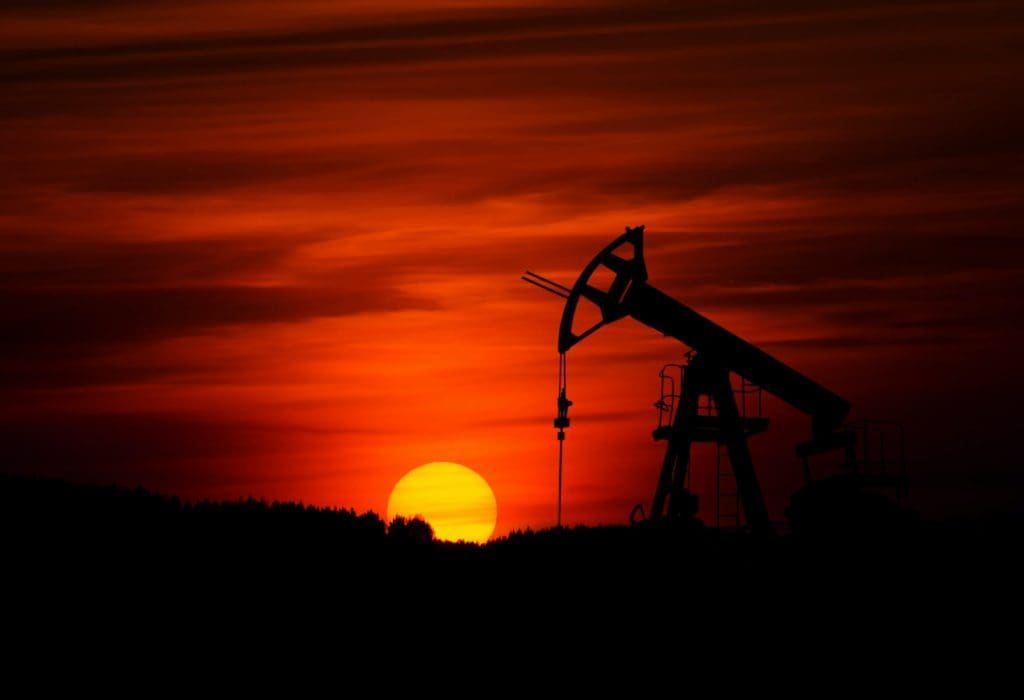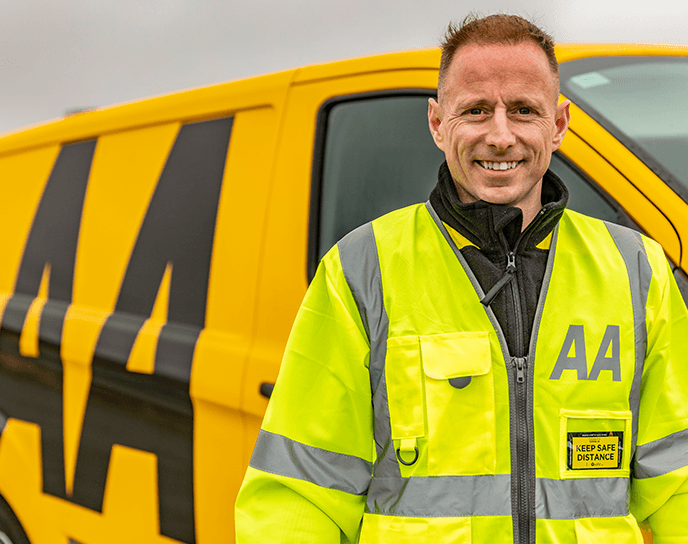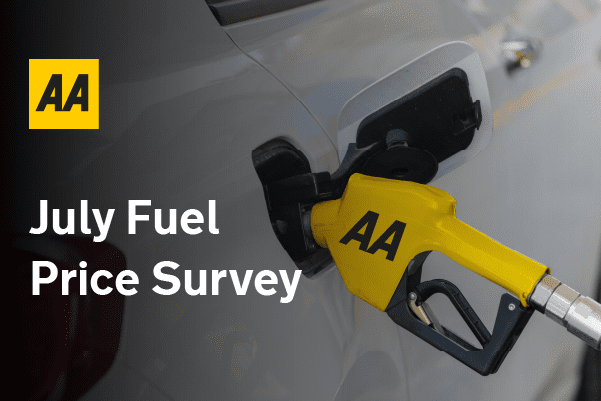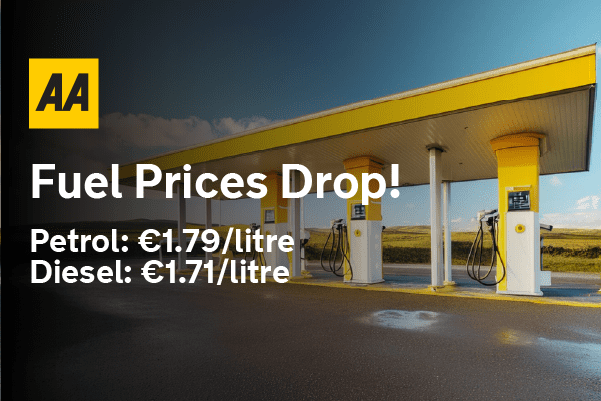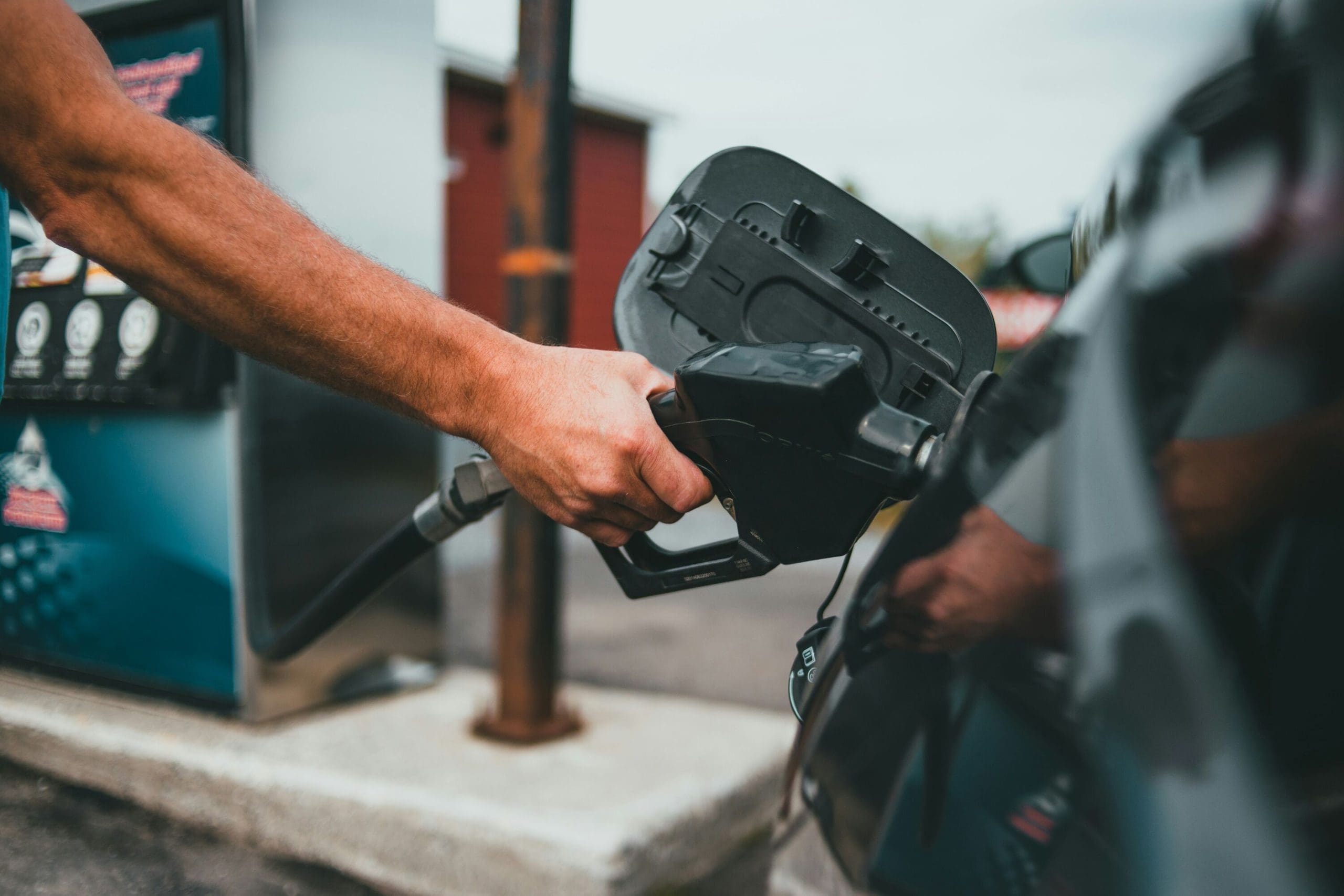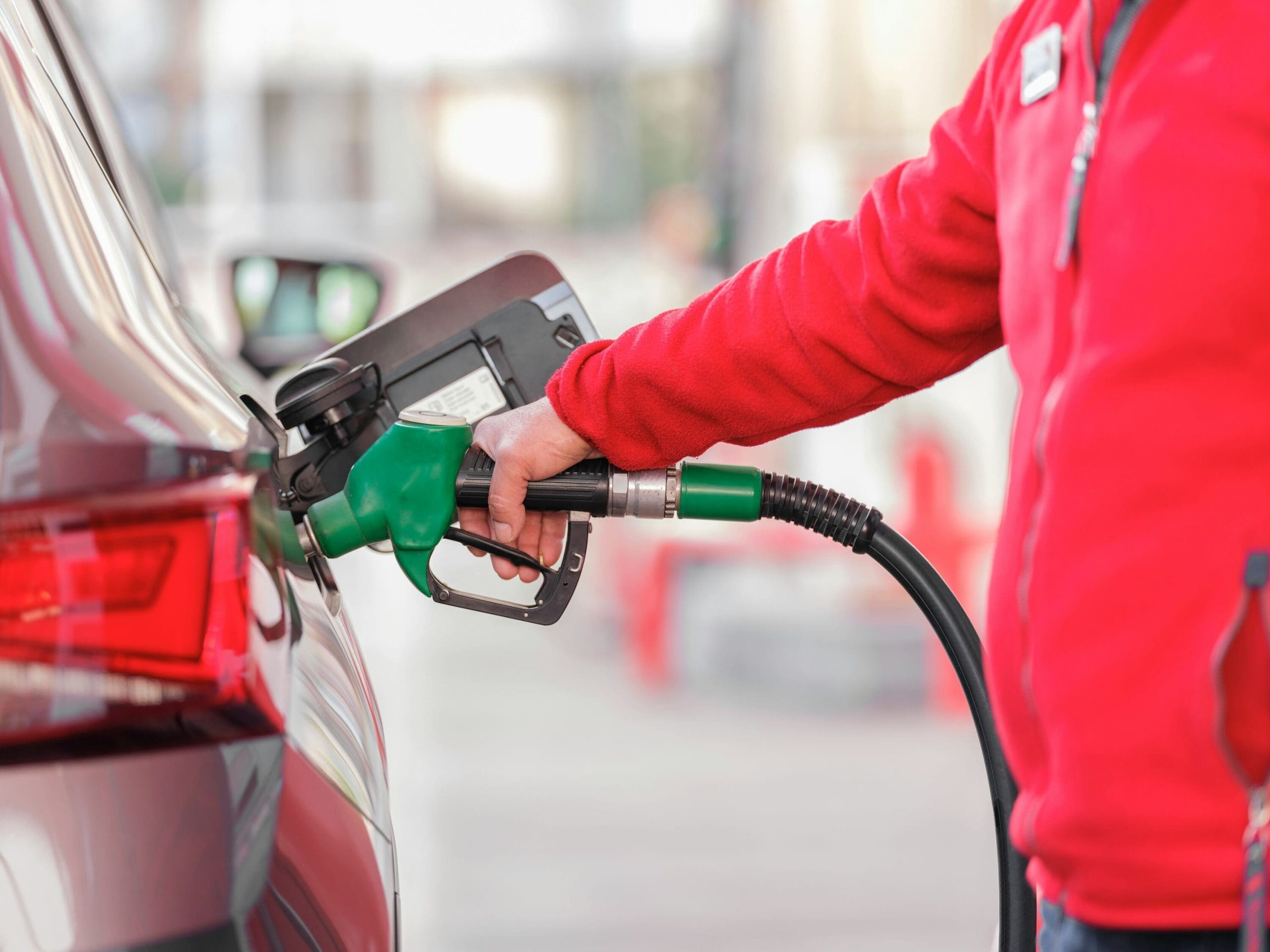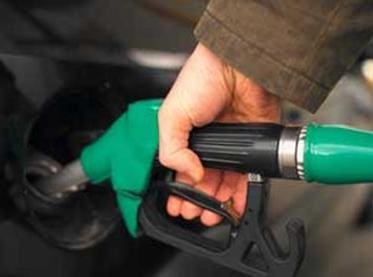

The Automobile Association has seen fuel prices increase steadily over the past few months. Petrol prices in Ireland are at an average of 153 cents per litre and diesel is at 138.7 cents per litre. Prices have jumped 21.5% since this time last year for petrol and 18.2% for diesel in the same period. This time 12 months ago the average petrol price was 125.9 cents per litre, while diesel was at 117.3.
Crude Oil Prices Rallied
The reason for this is pretty simple really – it is a case of supply and demand. The price of crude oil has risen sharply in 2021 on the back of a recovery in global demand as the world economy recovers from the COVID-19 pandemic. A barrel of Brent Crude Oil, sunk to as low as $15.98 on 22 April last year (prices here in Ireland dropped as low as 121.8 cents per litre), the lowest since 1999. It rallied to $77.84 earlier this month, a level that was last seen in October 2018.
Oil production fell due to falling demand. This did have a positive effect on fuel prices – and the oil industry reported evaporating profit, massive job losses and huge write-downs. The Head of the International Energy Agency suggested recently that 2020 represented the worst year in the history of the oil markets. BP said oil consumption fell by a record 9.1 million barrels per day, or 9.3% last year, its lowest level since 2011. BP’s Chief Economist, Spencer Dale, said that the global pandemic put all other oil crises in the shade. Pointing towards the Suez Canal Crisis of 1956, 1973’s Oil Embargo and the 1979 Iranian Revolution – he said, “All moments of great turmoil in global energy all but pale in comparison to the events of last year.”
Hope from an unlikely source
A series of drastic emergency measures to cut oil production in the wake of the lack of demand is starting to be slowly reversed. There is potentially good news on the horizon for consumers when it comes to fuel prices thanks to a most unlikely source – OPEC.
A meeting of OPEC+ (a wider group of oil exporters including Russia, Mexico, Brunei and Malaysia) has given some hope for fuel prices There is now an agreement to increase oil production by 400,000 barrels a day each month until the end of 2022. By the end of this year, OPEC+ is expected to be producing an extra 2 million barrels per day. Some forecasters predict that by September 2022 oil production could be back to pre-pandemic levels. Hopefully, this will result in some consistency at the pumps in terms of petrol prices.
Under the terms of the agreement, production quotas have been raised across the board, with the UAE allowed to raise production to 3.5 million barrels per day from May next year. Similarly, Saudi Arabia, Kuwait, Russia and Iraq will be allowed to raise production.
Why are prices so expensive in Ireland?
This, should, see the price of oil restored to more regular levels in a time. From there it can take around 15 days for the prices to be reflected in the fuel prices at the petrol pumps. Ireland is the 14th most expensive country in Europe for buying petrol (21st in the world), with more than 60% of the price at the pump accounted for by tax. Taxes include excise duty (duty added to the sale of mineral oils, cigarettes and alcohol), carbon tax (calculated per ton of CO2 generated), VAT and NORA (National Oil Reserves Agency.
These taxes are added to all oil fuels to ensure that Ireland meets its EU obligations of keeping a 90 day stock of oil in the event of a shortage.) So as you can see, fuel prices and petrol prices are affected by more than just the price of oil.
Remember to follow us on social media too! We are on Instagram
